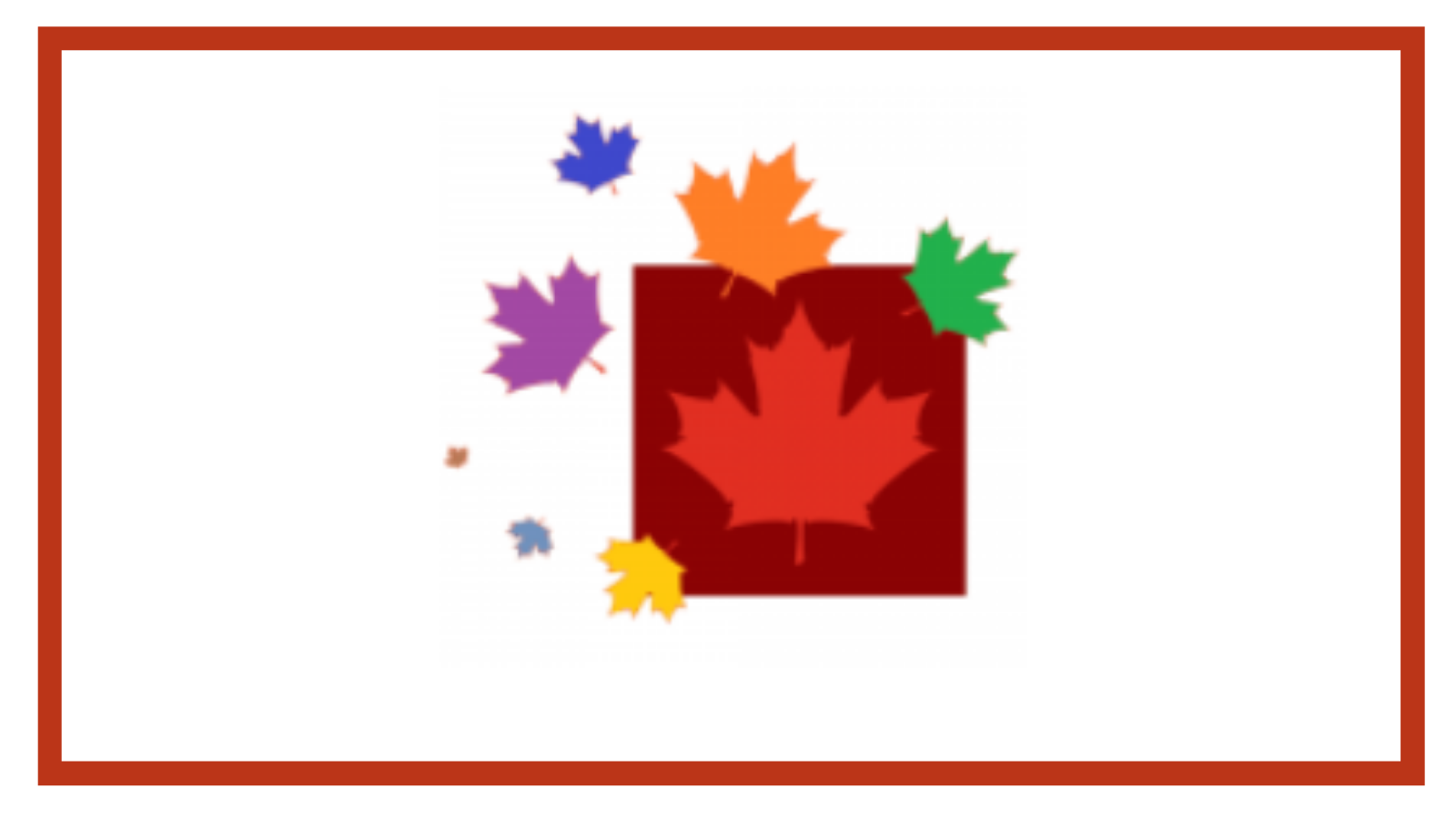Followers of Islamic State (IS) or Al Qaeda may never admit it, but the election victory of Sadiq Khan as mayor of a city as great — and in their eyes Islamophobic — as London was a slap in the face.
Like the time Chancellor Angela Merkel declared that Germany would welcome one million Syrian refugees, and when the Pope called on Europe’s Catholics to open their homes to refugees, Islamists are at risk of losing all credibility.
The success of these extremists, after all, thrives on disproportionate military reprisals, sectarian discord, and deeply engrained Islamophobia in Western societies. So the mere thought of a Muslim winning (Khan was born to parents who immigrated to London from Pakistan) over the most hearts and minds of a non-Muslim population, or of Christian ‘infidels’ opening up their homes to Muslims, challenges their narrative.
It’s worth recalling that a big part of ISIS’s recruitment strategy is posting lectures and videos online with ideologues dictating that killing the enemies of Islam— meaning the United States and its allies — is a religious duty for every Muslim. Often, they cite U.S. military action in places such as Afghanistan, Iraq and Israel as evidence of America’s strategic ‘war’ with Islam. They also play on the insecurities of young recruits by telling them that Muslims in the West would never be accepted into mainstream society.
And given the rise of Republican frontrunner Donald Trump – and increase of far-right parties coming to power across Europe — it’s not impossible to see how vulnerable, disaffected youth could fall into that sort of warped mindset.
2005 London bombings
But while Trump anti-Muslim rhetoric has never been louder, so too have the voices of ordinary Muslims, though not necessarily in the way one might expect.
Many Canadians will remember the anger, confusion and backlash that Muslims, South Asians — literally anyone who even remotely resembled a Muslim or Arab — faced from their own friends, neighbours or colleagues after the September 11, 2001 attacks in America. A deep climate of mistrust against the community ensued, which for some only gets worse with every new terror attack on Western soil.
I recall that it was amid this climate that Sadiq Khan first entered the political scene in Britain as an elected MP for Tooting in east London.
As a graduate student in London in 2005, the year four British-born Muslims bombed the London Underground, I heard pundits all wanting to know the same thing: Where are all the so-called ‘moderate’ Muslims? Why aren’t all the so-called peace-loving Muslims living in London condemning these barbaric attacks?
I also heard voices like Sadiq Khan and Baroness Sayeeda Warsi (then the Vice Chair of the Conservative Party) fiercely condemn the attacks and disassociate them with the actual tenets of the faith, to no avail. As much as people demanded answers from the Muslim community— and Muslims responded in the same unequivocal voice of condemnation every time – it made no difference. The terrorists still seemed to be louder.
11 years on
What’s changed, 11 years on? Some would argue nothing.
Terrorists continue to slaughter innocents and billionaire conservative politicians continue to incriminate an entire global community for the abhorrent actions of a few. What has changed in the most profound sense is that Muslims are no longer seen (or at least solely) as a fifth column.
The voice of the ordinary, ‘moderate’ Muslim is heard more than ever — not as spokespeople who can denounce the ways terrorists justify their acts through the Quran — but as engaged citizens and leaders paving the way forward in a world that we all want to become more inclusive and tolerant.
Last year, we saw Canadian Muslims unite strategically for the first time in a non-partisan, grassroots organization to achieve a single goal: Increasing the participation of Canadian Muslims within the democratic process.
This, along with the opposition’s crude anti-Muslim strategy not unlike Zac Goldsmith, Sadiq Khan’s competitor from the UK Conservative Party, played a key role in bringing Justin Trudeau’s pro-immigration party to power.
Drop ‘Muslim’ descriptor
We’ve also seen Maryam Monsef, who came to Canada an as Afghan refugee, sworn in as Minister of Democratic Institutions in Trudeau’s cabinet, and Ginella Massa, a hijab-clad journalist, become an on-camera reporter for Toronto news network CityTV.
Britons, too, have seen a rise in British Muslims taking centre stage, from national baking contests to professional sports.
None of these people ever condemned the abhorrent actions of the so-called Islamic State during their moments in the spotlight, simply because it wasn’t their place. They are all skilled professionals or athletes in their own right, recognized as Muslims, but celebrated for their extraordinary skills that contribute to all of society.
That’s the way it should be.
Muslims are no different from anyone else, and for that reason, their successes should be commended no more, nor less than anyone else’s. Perhaps, the next step in fostering genuine equity in society is for news outlets to drop the ‘Muslim’ reference altogether.
Shenaz Kermalli is a freelance writer and journalism instructor at Humber College. She holds an MA Middle Eastern Studies and has previously worked at BBC News in London, Al Jazeera English and CBC News.





